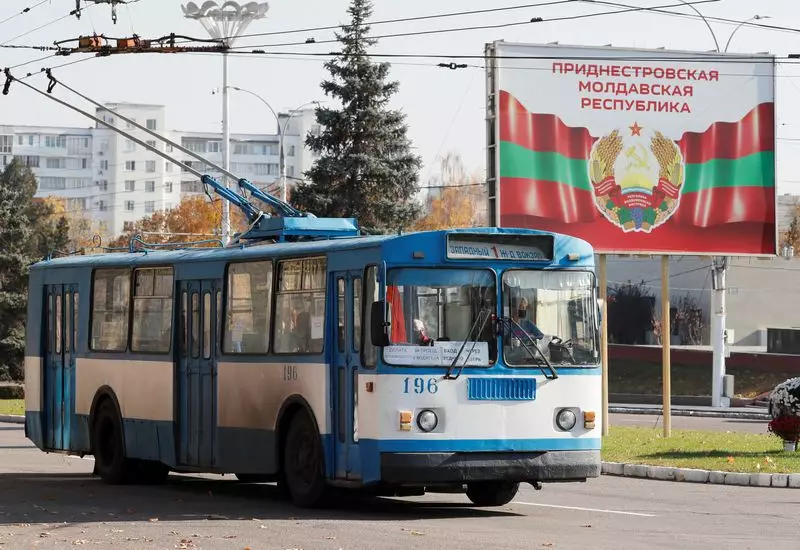The Moldovan region of Transdniestria is currently grappling with significant power cuts that result from escalating geopolitical tensions in Eastern Europe. This crisis emerged following Ukraine’s refusal to extend a transit agreement for Russian gas, which has historically supplied energy to this predominantly Russian-speaking enclave. The decision, resulting from the ongoing conflict between Ukraine and Russia, signifies a shifting energy landscape that reflects deeper regional instability. As of Saturday, local authorities confirmed that power outages would persist, exacerbating the situation for residents reliant on consistent energy supplies.
Historically, Transdniestria has depended heavily on Russian gas delivered via Ukraine for its electricity generation. This interconnected energy relationship, dating back to the 1990s after Transdniestria’s separation from Moldova, has left the region vulnerable to geopolitical fluctuations. With the expiration of the gas transit agreement, Transdniestria’s electricity production is at risk, prompting officials to implement rolling blackouts. The government’s decision to publicize the schedule for these outages highlights the severity of the crisis and aims to prepare citizens for impending inconveniences.
Vadim Krasnoselsky, who presides over the self-declared republic, acknowledged the inevitability of power cuts, indicating that the region possesses gas reserves for limited use. However, the lack of clarity regarding alternative energy sources beyond the initial ten-day buffer for the northern areas raises concerns about the region’s sustainability. Krasnoselsky’s recent announcements suggest a potentially grim outlook, with the possibility that rolling blackouts could extend up to four hours. This uncertainty contributes to unrest among residents, as they depend on steady electricity for both daily life and economic activity.
The implications of Transdniestria’s power outages extend beyond its borders and pose a significant challenge for the Moldovan government. Prime Minister Dorin Recean expressed concerns that the blackouts represent a security crisis, as the region is home to a vital power plant that supplies most of Moldova’s electricity at affordable rates. Consequently, the Moldovan government has been proactive, crafting alternative plans involving a blend of domestic production and electricity imports from Romania. This critical pivot underscores Moldova’s determination to mitigate the impact of Transdniestria’s energy plight on its own energy landscape.
Compounding the situation is the involvement of Gazprom, the Russian gas giant which has chosen to suspend exports to Moldova, asserting unpaid debts as the justification. Moldova disputes this figure, presenting a markedly lower amount and criticizing Gazprom’s maneuvering in the context of expanding regional energy disputes. The potential for Gazprom to supply gas bypassing Ukraine grows contentious, with Moldova accusing Russia of leveraging energy supplies as a diplomatic tool. As the energy crisis unfolds, the ongoing tensions between these nations underscore the fragile nature of energy dependencies in politically charged territories.
The energy crisis in Transdniestria not only highlights the region’s vulnerabilities regarding energy supplies but also reflects the broader geopolitical dynamics at play in Eastern Europe. As Moldova prepares to navigate this challenging landscape, it must contend with the realities of energy dependencies amidst ongoing territorial and political disputes. The current situation serves as a stark reminder of how interconnected our energy systems are and the far-reaching consequences of geopolitical tensions. The fate of Transdniestria’s power supply will undoubtedly be a focal point in the region’s ongoing struggle for stability and autonomy in the face of external pressures.

